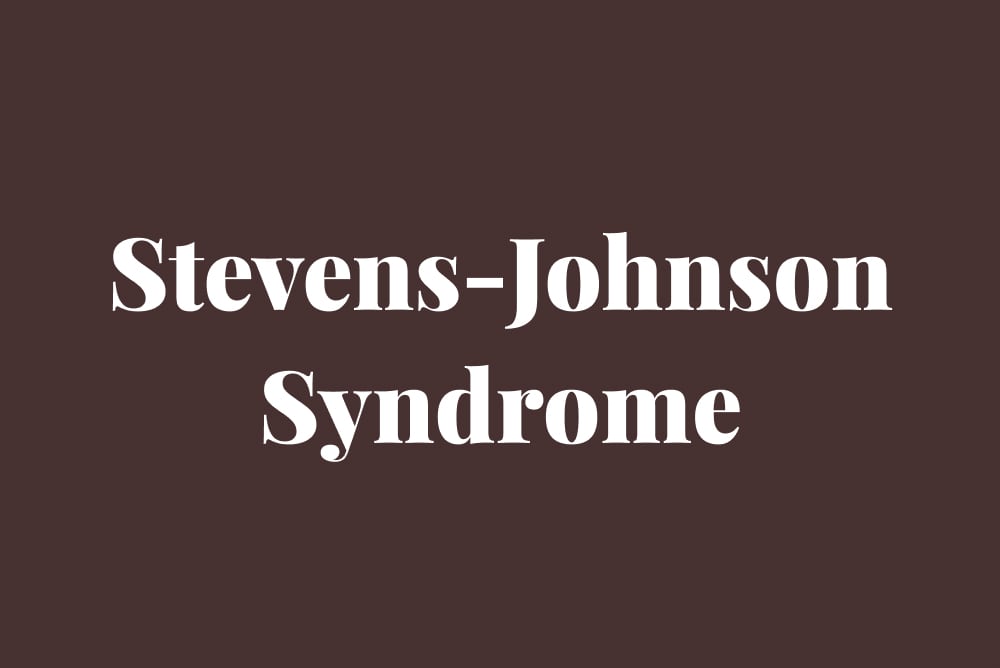MRI Contrast Side Effects

Magnetic Resonance Imaging (MRI) is a non-invasive diagnostic tool widely used in medicine to visualize the internal structures of the body in great detail. Contrast agents, typically containing gadolinium, are often administered during MRI scans conducted in the state of New York and the surrounding areas to improve the clarity of the images. These agents help to highlight blood vessels and differentiate between normal and abnormal tissue, which assists physicians in diagnosing medical conditions.
Although MRI contrast agents have been considered safe for most patients treated in New York healthcare facilities, they can cause side effects in some individuals. Most side effects are mild and temporary, such as nausea, headache, or a sensation of cold at the injection site. However, certain individuals may experience more severe reactions, including an allergic reaction or nephrogenic systemic fibrosis, a rare condition associated with the use of gadolinium-based contrast agents in patients with severe kidney dysfunction.
Patients with impaired kidney function are at a higher risk of developing complications from MRI contrast agents, necessitating careful screening and consideration by healthcare providers before administration. In recent years, the safety profile of these agents has been closely monitored, with the development of new formulations aimed at reducing adverse effects. Despite occasional side effects, contrast-enhanced MRI remains a valuable diagnostic tool when used judiciously for essential testing in New York.
Types of MRI Contrast Agents Used in New York
Contrast agents enhance the clarity of MRI images by altering the magnetic properties of nearby water molecules, thus improving the visibility of internal structures. There are primarily two types of MRI contrast agents used in modern medical imaging conducted in New York City and elsewhere in New York State.
Gadolinium-Based Contrast Agents
Gadolinium-based contrast agents (GBCAs) are the most commonly used type in MRI scans. They work by shortening the relaxation times of protons within body tissues. The FDA has approved several GBCAs, which differ in terms of molecular structure, stability, and safety profiles. Key examples include:
- Linear GBCAs: These have a flexible, open-chain structure and are less stable than their macrocyclic counterparts. Examples are gadodiamide (Omniscan) and gadopentetate dimeglumine (Magnevist).
- Macrocyclic GBCAs: These agents have a ring-like structure that tightly encases the gadolinium ion, making them more stable. Notable examples are gadoterate meglumine (Dotarem) and gadobutrol (Gadavist).
Manganese-Based Contrast Agents
Manganese-based contrast agents are a less common alternative to GBCAs and are useful in certain types of MRI scans. Manganese is a paramagnetic element that interacts with protons to enhance image contrast. An example of a manganese-based contrast agent is:
- Manganese-DPDP (Teslascan): It is specifically used for imaging the liver and biliary tract by highlighting liver tissue against potentially cancerous lesions.
Potential Side Effects
Magnetic Resonance Imaging (MRI) contrast agents are generally considered safe for most individuals. However, patients may experience side effects that vary in severity. Some may have mild reactions while others have life-altering changes that impact their New York City lifestyle.
Mild Allergic Reactions
Mild allergic reactions to MRI contrast may include symptoms such as:
- Itching
- Mild hives
- Nausea
These symptoms are typically short-lived and often resolve without intervention.
Moderate Allergic Reactions
Moderate allergic reactions are less common and may involve:
- Persistent hives
- Swelling (angioedema)
- Shortness of breath
Patients with moderate reactions may require medication or medical supervision.
Severe Allergic Reactions
Severe allergic reactions, also known as anaphylaxis, are rare but require immediate medical attention. Symptoms can include:
- Difficulty breathing
- Low blood pressure
- Loss of consciousness
Such reactions are medical emergencies and need prompt treatment.
Nephrogenic Systemic Fibrosis
Nephrogenic Systemic Fibrosis (NSF) is associated with the administration of certain MRI contrast agents in patients with kidney impairment. Signs include:
- Thickening, hardening, and darkening of the skin
- Joint stiffness
NSF is a serious condition that can progress to become debilitating. If you or a loved one has endured any of these side effects from MRI contrast agents, it is critical that you contact our New York personal injury lawyer to discuss your legal options.


